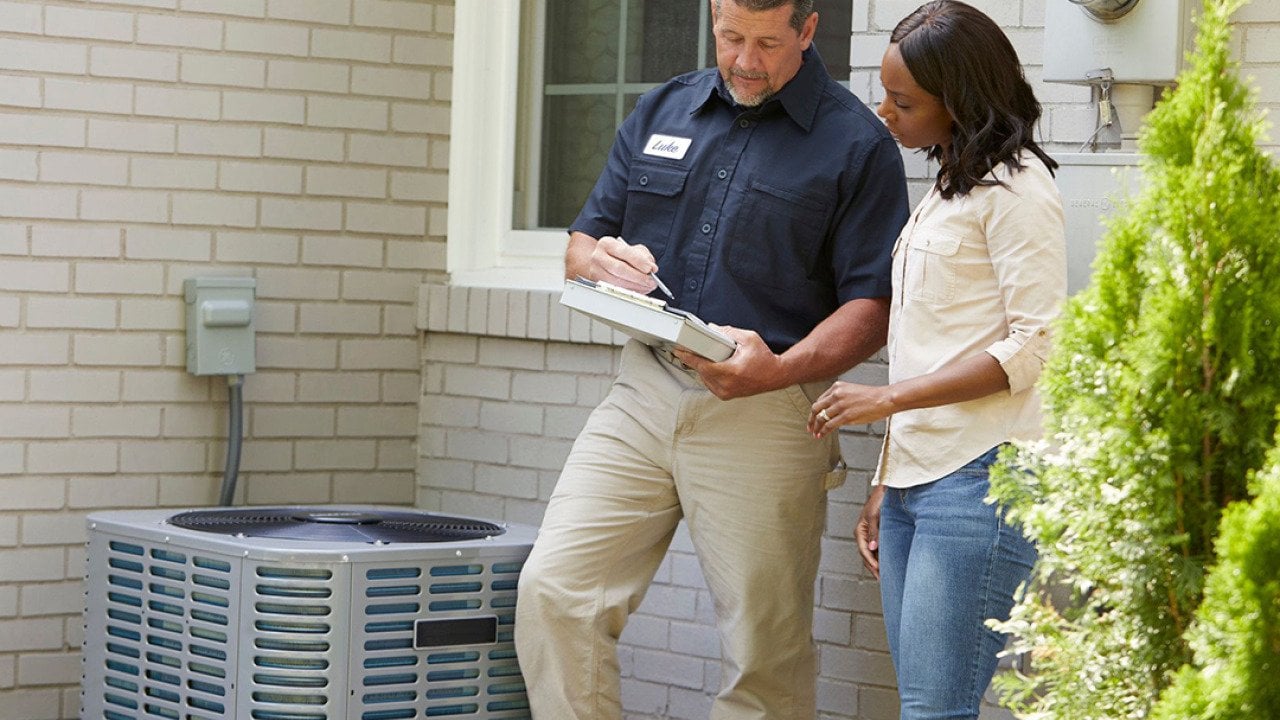Major tax incentive for homeowners set to expire at the end of December

American Home Shield
Millions of American homeowners may not be aware that key financial incentives and tax credits will no longer be available at the end of this calendar year.
On Dec. 31, 2025, federal tax credits established under the Inflation Reduction Act (IRA) are set to expire. American Home Shield breaks down what is changing and how homeowners can ensure they lock in savings before the end of the year.
What was the Inflation Reduction Act?
The IRA of 2022 was a landmark act designed to address climate change by investing in clean energy and manufacturing through tax incentives, grants, and loan programs.
Tax credits authorized by the IRA have helped everyday American households and businesses afford energy-efficient upgrades, including HVAC systems and other big-ticket items.
According to Energy Star, homeowners can claim 30% of project costs up to $2,000 for qualifying energy efficiency home improvements like heat pumps, heat pump water heaters and biomass stoves, or up to $1,200 for qualifying water heaters, furnaces, boilers, and central AC units.
What has changed?
The IRA’s federal tax incentives for energy-efficient installations and upgrades were originally supposed to last until 2032, but the federal government is ending them early. The program will now expire on Dec. 31.
There is now only a limited time left for homeowners to take advantage of these tax credits.
Why is it important to act now?
Qualifying HVAC systems must be purchased and installed by Dec. 31. Documentation is key — homeowners should keep invoices or receipts with dates, contractor plans and permits. They should be able to clearly show when the work was completed and when the service was turned on so that if audited, they can prove it was finished by the end of 2025.
What are some signs an HVAC needs to be replaced?
Even the highest quality HVACs will need to be replaced at some point, making the expiring federal tax credits even more valuable to act on now.
“AC units typically last 10 to 15 years. If homeowners know their unit is getting close to that timeframe, or there are signs of decline, they should start researching replacements,” said Micah Sherman, a virtual HVAC expert with American Home Shield.
“A few signs to look out for include strange sounds coming from the unit, hot or cold spots in the house, or refrigerant leaks. Sometimes the cost of repairing these problems warrants considering a new system altogether,” said Sherman.
The end of the federal tax credits program is a change consumers need to be aware of, but if they act quickly, there is still time to capture savings before it expires.
Note: This is not tax or professional advice and a taxpayer’s ability to obtain the credit is dependent on their specific situation. For more information on the federal tax credit, including eligibility requirements, refer to EnergyStar.gov and consult with a tax professional. The information provided in this article regarding the IRA tax credit is for informational purposes only and may not be complete, accurate or current. Any and all liability to any person who acts in reliance on this document is expressly disclaimed.
This story was produced by American Home Shield and reviewed and distributed by Stacker.
![]()



